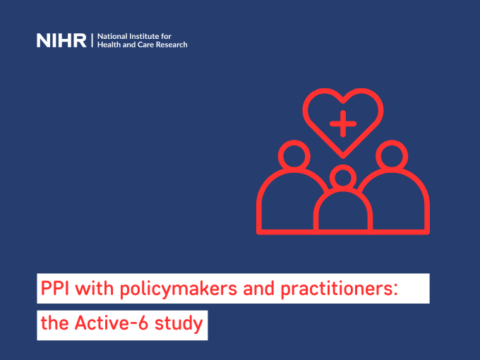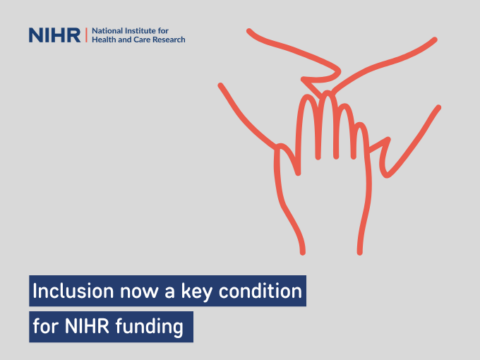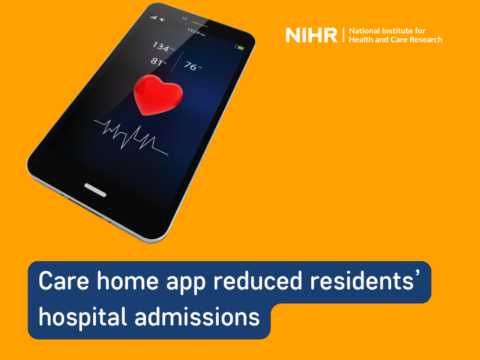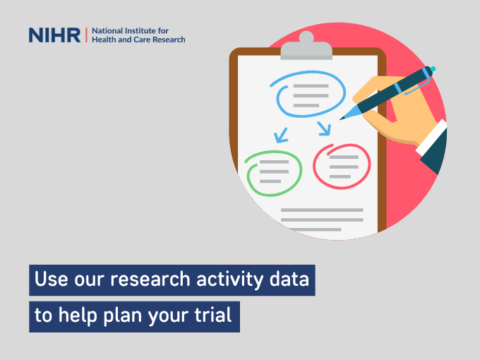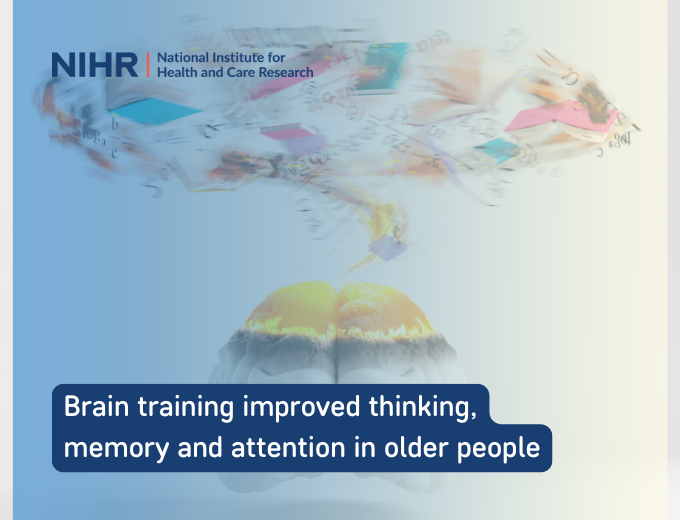
Researchers invited 6,544 people aged 50 years and older to take part in brain training activities that challenge people to think and solve problems. Half did brain training for 3 minutes every day; half completed fake exercises. After 6 weeks, compared with the fake exercise group, those who did brain training saw improvements in:
- thinking and problem-solving
- memory
- attention.
The improvements were small, but any improvement in older people’s brain health could have a big impact at the population level, the researchers say.
More information on dementia can be found on the NHS website.
The issue: does brain training improve thinking and memory in older people?
Dementia is a group of conditions (including Alzheimer’s disease) associated with ongoing decline in memory and thinking. Around 1 million people in the UK have dementia and it is the leading cause of death in England and Wales. Many people have impaired brain health long before dementia is diagnosed.
Brain training exercises (such as crosswords and sudoku) have been shown to improve thinking in older adults. In this study, researchers tested a brain training tool in older adults, with and without a higher genetic risk of Alzheimer’s disease.
“This study builds on what we know about the positive impact of brain training. In today’s society, where people are time-poor and frequently switching tasks on mobile devices, these findings are particularly relevant since they show that just 3 minutes of training can improve cognitive function. This training programme could offer a means of reducing risk of cognitive decline, even in people with an unfavourable genetic risk profile.” Anne Corbett, Professor of Dementia Research, University of Exeter
What’s new?
Participants were aged 50 years and older; the average age was 62 years. Most (79%) were women.
Half (3,279 people) carried out a 3-minute online brain training task (deciding whether statements about images are true or false) every day for 6 weeks. The other half (3,265 people) matched pictures (fake exercises) for the same period.
The researchers assessed 617 participants for a gene that puts people at higher risk of Alzheimer’s disease (ApoE4): 17% had the gene; 83% did not.
The main outcome was improvement in thinking and problem-solving skills over the 6 weeks of the study. This was measured using a different task to the brain training exercise. 1,739 people from the brain training group and 1,736 from the other group provided data.
The researchers found that, compared with people who matched pictures, those who did brain training had improvements in:
- thinking and problem-solving (small improvement)
- memory (small improvement)
- attention (medium improvement).
These improvements were also seen in people at higher genetic risk of Alzheimer’s disease.
“I have a close family member with cognitive decline. I intend to apply to join this study, to help improve outcomes for the general public. I’m sure many others will want to volunteer also. I’d like to see more ethnic and cultural representation, ideally with better gender and educational attainment balance.” Tony Alcock, Public Contributor
Why is this important?
Brain training for 3 minutes a day could improve the brain health of older adults. The effect for each individual is small, but any improvement in older adults’ cognition could represent considerable benefit across the population, the researchers say.
The short duration of the exercises, and the online format could help people to engage with tasks at any time, and continue with them over the long term.
People at higher risk of Alzheimer’s disease benefitted as much or slightly more than others. In the future, clinicians could encourage people known to be at risk of Alzheimer’s to start brain training. Though the researchers say that anyone can start it at any age.
Participants were generally better educated than the general population. There was a high proportion of women, and relatively few were from ethnic minorities, so the findings may not be generalisable. There was also a high dropout rate (50%), though this is in line with other digital studies.
“It’s important to keep your brain as active as possible, for as long as possible.
Half the participants dropped out of the study, but the researchers state that this was usual. I think that some people will follow through with the brain training and others, especially older people, won’t. Older people can be forgetful and may need to be reminded to do the brain training.” Carole Bailey, Public Contributor
What’s next?
People can sign up to use the brain training tool and take part in studies testing it on the PROTECT UK website. In future, the researchers intend to develop an app based on the tool.
The researchers are carrying out further studies exploring how to build the tool into a brain monitoring and health pathway for people showing early signs of memory and thinking problems.
You may be interested to read
This is a summary of: Corbett A, and others. Impact of Short-Term Computerized Cognitive Training on Cognition in Older Adults With and Without Genetic Risk of Alzheimer’s Disease: Outcomes From the START Randomized Controlled Trial. Journal of the American Medical Directors Association 2024; 25: 860 – 865.
A previous study showing that the tool improves day-to-day function: Corbett A, and others. The Effect of an Online Cognitive Training Package in Healthy Older Adults: An Online Randomized Controlled Trial. Journal of the American Medical Directors Association 2015; 16: 990 – 997.
A blog about brain training from Age UK.
A video about brain training from the Alzheimer’s Society.
Information and support from Dementia UK.
Information on taking part in NIHR research on Alzheimer’s disease.
This article is shared from the NIHR Evidence website, review this and other collections.

 Print This Post
Print This Post

